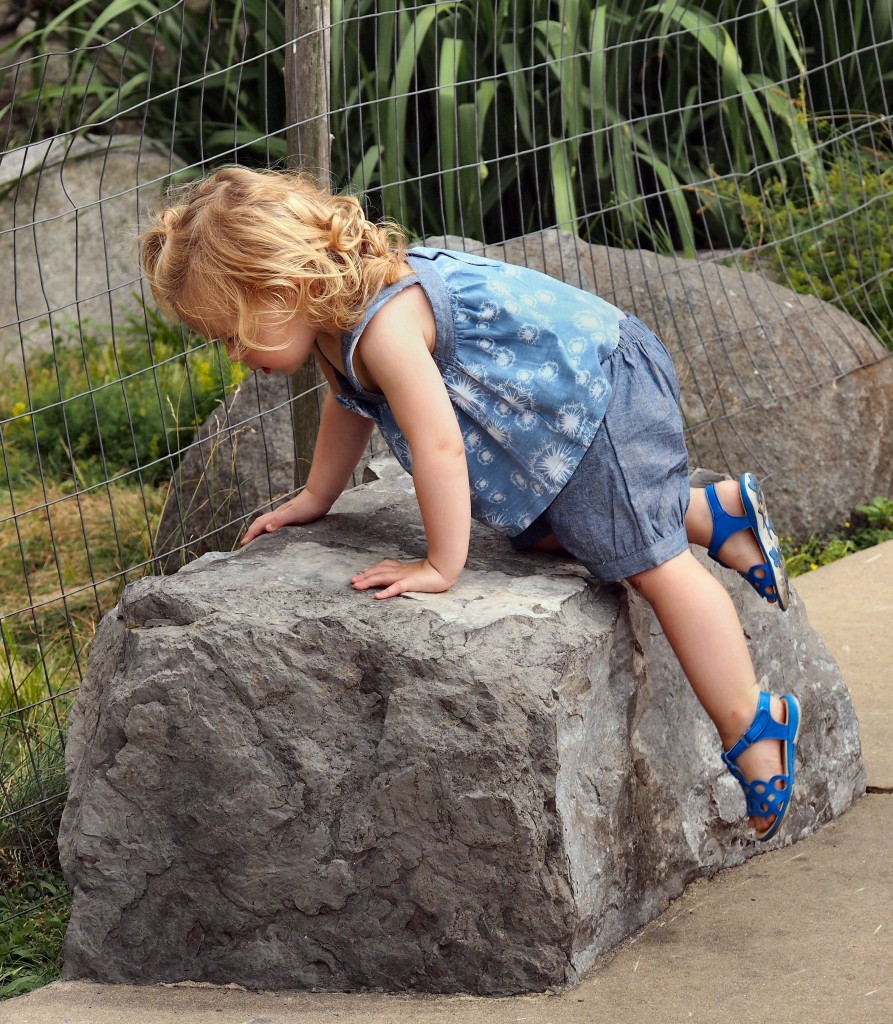Resilience has become one of those buzz words in the field of mental health, performance psychology, and spirituality. It is a fancy word that has a simple definition. Resilience is the strength of spirit to recover from adversity.
While some people may seem to be more naturally resilient than others, we know that resilience can be taught and caught. This is because resilience is something we do, not something we have. Let me repeat that. Resilience is something we do.
This is because resilience is something we do, not something we have.
What can you do to cultivate resilience? Like so many things, prevention is worth an ounce of cure. Here is my list of the best practices of resilient people.
- Resilient people have connections: to self, to others, and to something larger than themselves, which I will call God. Resilient people practice staying connected and practice relationships. They maintain and nurture friendships, they foster intimate family connections. They are curious about their inner world and spend time becoming more aware of their thoughts and behaviors. Resilient people are often active in faith communities or other secular communities that nurture them and ask them to nurture others.
- Resilient people have realistic expectations: Life is messy and resilient people know it. When a hardship happens, resilient people have a perspective that assumes some of life will be hard and that they can endure hardships. They do not assume privilege by believing that bad stuff will not happen to them. They don’t say, “Why me?” They assume, “Why not me?”
- Resilient people have a good sense of humor: Humor lightens the load during difficult times. It is helpful to be able to see humor and to laugh at ourselves and at the often ironic nature of life. Although not inappropriate with their humor, resilient people allow for humor, even within hardship.
- Resilient people practice good self -care: proper nutrition, exercise, and mental and spiritual well-being are part of the internal support system when times are tough. Resilient people have a wellspring of fortitude and it supports them during the hardest times. And during those hard times, resilient people make efforts to continue good self-care, being careful to not overindulge in anything that would further stress their bodies.
- Resilient people are realistic optimists: There are cycles in life, and resilient people know that things will get better, even if right now is ridiculously messy. Their inner narrative is that over time, things will get better. They have a deep well of faith in the rhythms of life and this gives them endurance. It is not a sentimental, Pollyanna-ish posture. They know it as a truth. Resilient people know when to hold on and when to let go.
- Resilient people find the marvelous even in the messy: Gratitude for the good stuff, even when everything looks horrible, is a skill resilient people practice. At the funeral for a friend’s child, the mother said to me, “We had fifteen wonderful years with her. We have a church full of people who love us and support us. This will be the hardest thing we’ve ever done, but we will be ok.” Wow. This woman is resilient, practices resilience, and speaks the language of resilience.
- Resilient people find purpose in hardships: It is not unusual for people to come through an almost impossible situation with a new purpose in life. People start non-profits, begin volunteering, change their lifestyle, change their focus, sometimes completely change paths after hardships. Resilient people know that hardship cultivates character.
- Resilient people know when to ask for help: LiM2’s first blog was about learning to ask for help. Resilient people know when to get support from friends and professionals. They can go to the doctor, the therapist, the nutritionist, the trainer, the pastor, the friend and say, “I need help.” Resilient people see this as a sign of strength, not weakness.
- Resilient people have creative outlets: Participating in some form of creative expression taps into our imagination and allows us to tap into the symbolic realm of life. Music, art, dance, photography, woodworking, sculpting, poetry, needlework, sewing, gardening, cooking…any form of practiced creativity adds to the resilient personality.
Most of us want to be resilient, but many believe it is a magical quality that is bestowed to some and not to others. That is not true. Start practicing your resilience skills, because life is messy and life is marvelous.
Amy
 I have a private practice of individual psychotherapy and marriage counseling in Columbia, SC. A few years ago my book, Moment to Moment: The Transformative Power of Everyday Life, won Spirituality and Health’s top 100 books of the year. I am passionate about many things in life, but especially about psychology, spirituality, dancing, cooking, marriage, family, friends, writing, traveling, and learning. www.amysandermontanez.com
I have a private practice of individual psychotherapy and marriage counseling in Columbia, SC. A few years ago my book, Moment to Moment: The Transformative Power of Everyday Life, won Spirituality and Health’s top 100 books of the year. I am passionate about many things in life, but especially about psychology, spirituality, dancing, cooking, marriage, family, friends, writing, traveling, and learning. www.amysandermontanez.com
You can email me at [email protected]

